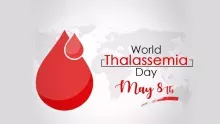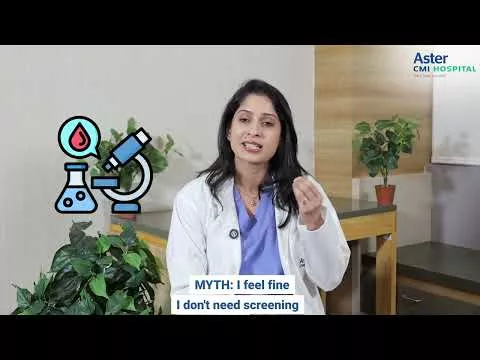Thalassemia is a genetic blood disorder that affects the body's ability to produce hemoglobin, the protein in red blood cells that carries oxygen. Individuals with thalassemia have either reduced or absent production of hemoglobin, leading to anemia and other complications.
Types of Thalassemia
There are two main types of thalassemia: alpha thalassemia and beta thalassemia. Each type has different subtypes and severity levels.
- Alpha Thalassemia: This occurs when there is a mutation or deletion in one or more of the four genes that produce alpha globin chains. The severity of alpha thalassemia depends on the number of genes affected.
- Alpha Thalassemia Minor: People with this form may have mild anemia but usually do not require treatment.
- Alpha Thalassemia Major: Also known as Hemoglobin H disease, this is a more severe form that requires regular blood transfusions and medical management.
- Hydrops Fetalis: This is the most severe form of alpha thalassemia, where all four alpha globin genes are affected. It is usually fatal before or shortly after birth.
- Beta Thalassemia: This occurs when there is a mutation or deletion in one or both of the beta globin genes. Like alpha thalassemia, the severity of beta thalassemia varies depending on the mutations.
- Beta Thalassemia Minor: Individuals with this form may have mild anemia and typically do not require treatment.
- Beta Thalassemia Major: Also known as Cooley's anemia, this is the most severe form and requires lifelong blood transfusions and iron chelation therapy to manage iron overload. Definitive treatment is matched stem cell transplantation.
Symptoms
The symptoms of thalassemia can vary depending on the type and severity of the condition. Common symptoms include:
- Fatigue
- Weakness
- Pale or yellowish skin
- Slow growth and development in children
- Facial bone deformities (in severe cases)
- Enlarged spleen and liver
Diagnosis and Treatment
Thalassemia is usually diagnosed through blood tests that measure hemoglobin levels and examine the size and shape of red blood cells. Genetic testing may also be done to identify specific mutations.
Treatment for thalassemia aims to manage symptoms and complications and may include:
- Blood transfusions to replenish hemoglobin levels
- Iron chelation therapy to remove excess iron from the body
- Folic acid supplements to support red blood cell production
- Bone marrow or stem cell transplant in severe cases
Living with Thalassemia
Living with thalassemia requires ongoing medical care and support. It's essential for individuals with thalassemia to work closely with healthcare providers to manage their condition effectively. This may include regular check-ups, monitoring of iron levels, and adherence to treatment plans.
Support groups and resources are also available to help individuals and families cope with the challenges of living with thalassemia. These groups provide emotional support, education, and advocacy for patients and their loved ones.
Conclusion:
Thalassemia is a complex genetic disorder that requires lifelong management. Advances in medical treatment and research offers more improved outcomes and quality of life for individuals affected by this condition.
- Family Counseling: Educating families about the genetic risk factors is crucial. Family counseling involves discussing the genetic transmission of thalassemia, the likelihood of passing it on to future generations, and the available options for family planning. This counseling may include discussions about carrier testing, genetic counseling, and the implications of carrier status for family members.
- Prenatal Evaluation Plan: For couples at risk of having a child with thalassemia, prenatal evaluation is vital. This involves genetic testing and counseling during pregnancy to assess the risk of the fetus inheriting thalassemia. Prenatal testing methods may include chorionic villus sampling (CVS) or amniocentesis to analyze fetal DNA for thalassemia mutations. Based on the results, couples can make informed decisions about pregnancy management, including possible therapeutic options or family planning strategies.






